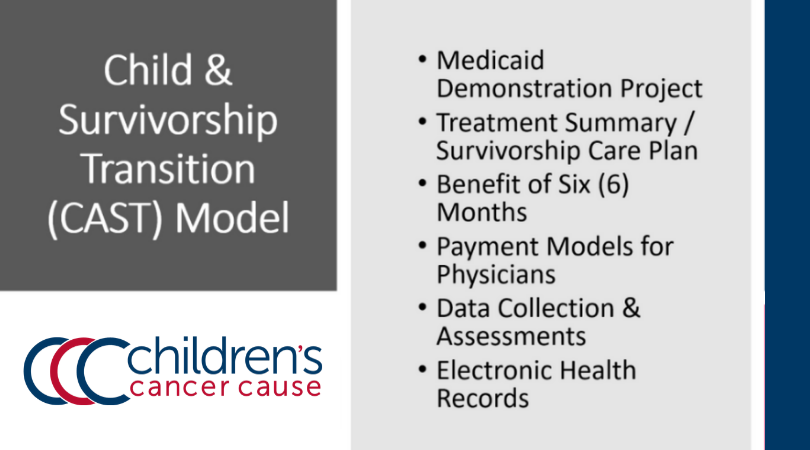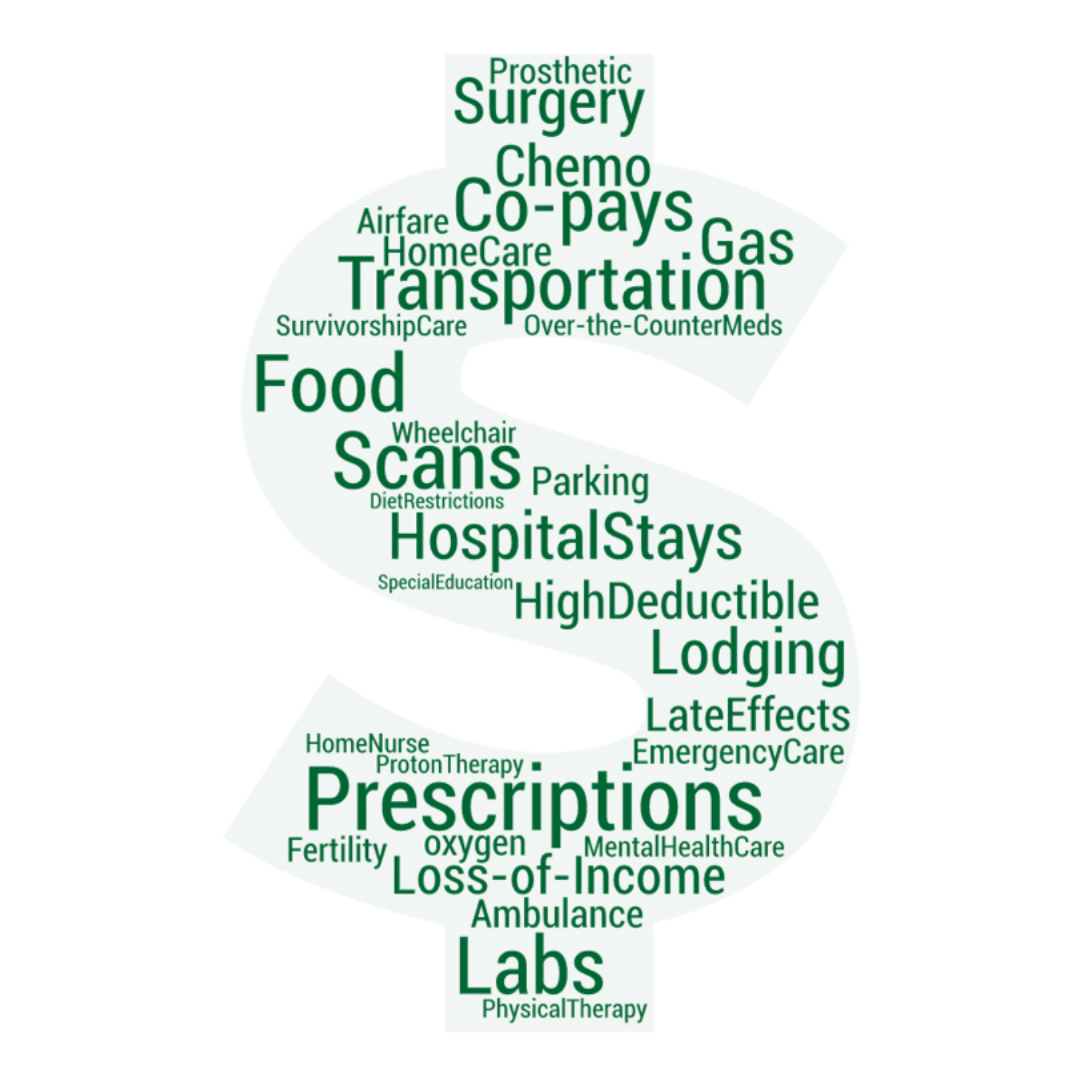The Year Ahead for Childhood Cancer Advocates
Like many of you, the turn of the calendar gives us a refreshing opportunity at the Children’s Cancer Cause to review our programs and priorities and focus our sights on how to achieve our most ambitious goals in the coming year.
Families, patients and survivors of childhood cancer continue to struggle with a variety of issues, from inadequate treatments to drug shortages, financial challenges and survivorship issues. Those ongoing challenges give us renewed resolve to put our shoulder to the wheel in 2020.
Children’s Cancer Cause has always championed public policies to improve treatments for children with cancer as well as enhancing the quality of life for survivors.
While continuing on the policy front, we’re also increasingly devoting more resources to programs that will help families and individuals become better advocates and grapple with their treatment and survivorship challenges. Along those lines, we will once again award two college scholarships to inspiring cancer survivors who commit to undertaking an advocacy project of their choosing in their local community or at their college campus.
For much of the past decade, Children’s Cancer Cause led the fight to reform federal law that required pharmaceutical companies to test their drug candidates in children. That battle culminated in the RACE Act that now gives the FDA the authority to require pharma to conduct those trials if the molecular target is relevant. But the devil is in the details - rather, regulations - and that will be a continuing struggle this year as we give advocates the opportunity to influence the decisions.
That increased understanding of molecular pathways in cancer is also an opportunity to target smaller, harder-to-treat diseases. Children’s Cancer Cause is playing a leadership role in the ACCELERATE initiative, an international platform uniquely structured to tackle the toughest questions in childhood cancer treatment. As a member of the steering committee, Children’s Cancer Cause is helping to bring to fruition the first U.S.-based meeting later this month that will set the stage for more coordination with researchers, regulators, and industry.
Over the past year, we have developed a model for a childhood cancer survivorship program. The Child & Adolescent Survivor Transition (CAST) Model will authorize a series of Medicaid demonstration projects with the goal of educating childhood cancer survivors, their families, and primary care providers on the unique needs of survivors transitioning from oncology care to primary care. This year, we will be building support for it in Congress and with the Administration, and we invite advocates across the country to join us in this effort.
We’ll need your help more than ever in 2020: An election year poses challenges for the legislative calendar — in addition to their regular August recess break, Congress will also be out of session for most of October to allow lawmakers the time to campaign in their home districts. But the upside is this: lawmakers are also candidates right now, which typically means they are accessible and listening closely to the demands and interests of their constituents.
You and other advocates are the key to real, meaningful progress. Families and survivors are the most effective voices for change, and an increasing focus for Children’s Cancer Cause will be to organize and mobilize patient advocates through our Kids Action Network on federal and state issues.
Building on a foundation started last year, we’re launching a broader state-based program to coordinate and support advocates who are pursuing initiatives in their state capitols. Under the umbrella of the Alliance for Childhood Cancer, we’re also partnering with other organizations to build model ‘campaigns in a box’ to make it easy for advocates to manage their own initiatives. In addition to our legislative engagement tools, we’re also continuing our webinar series to inform and equip the community with the latest developments.
To help guide our policy agenda, we will again conduct a survey of families, patients, and survivors to gauge the range and depth of issues that kids and survivors face in treatment, transition, and survivorship. The surveys we conducted in 2017 and 2018 provided a roadmap for setting policy priorities. Listening to the concerns of our community helps direct and inspire our work.
We’re also increasingly building programs that will provide models to address long-standing structural needs to help individuals. One of the most exciting and ground-breaking of these initiatives is a new program now in development that will bring together the best and the brightest of clinicians, researchers, parents, and survivors to curate and model best practices as a resource for survivors. Stay tuned!
Over the past several years, the childhood cancer community has made tremendous strides with the passage of the STAR Act, the RACE Act, increasing funding at the National Cancer Institute, and new models for treatment development.



